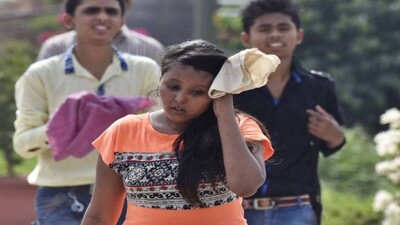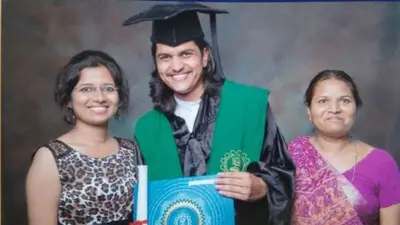Recommended Stories
The union cabinet had failed to approve the policy in its meeting last month after opposition from environment and labour ministries. It referred the policy to a group of ministers to resolve the differences over the policy that had been in principle cleared by the prime minister in June this year. The labour ministry had objected to the proposed service entity to take care of labour-related issues such as provident fund management of small and medium enterprises. Such functions cannot be outsources, the labour ministry had objected.
Ministry of Environment had opposed the inclusion of state pollution board officials in the Special purpose vehicles (SPV) to be created to carry out environment impact assessments arguing that it would lead to conflicts between centre and states. The GoM has now appeased both the ministries. "The head of SPV in a particular zone will be a government official and will be appointed after consultations with both Labour and Environment ministries," Pawar added. "...and we have accepted that state pollution board representative will be there as well."
The policy aims to increase the share of manufacturing in the country`s GDP to over 25% by 2022 as against the current level of nearly 16 percent and create at least 100 million additional jobs in the next 10 years. The commerce ministry is also expected to meet West Bengal Chief Minister Mamta Banerjee and brief her about the policy The issue was discussed with all state industry ministers about six months back.
As the political set up in Bengal was different, it was decided that the chief minister should be brought on board and briefed about the same. The GoM was of the view that manufacturing sector is vital for the continued growth of the economy especially from the employment point of view. Unlike other developing countries like Germany, Japan, Thailand, and China among others where the manufacturing growth rate was much higher than the national GDP growth rate, the scenario was quite the contrary in India.












